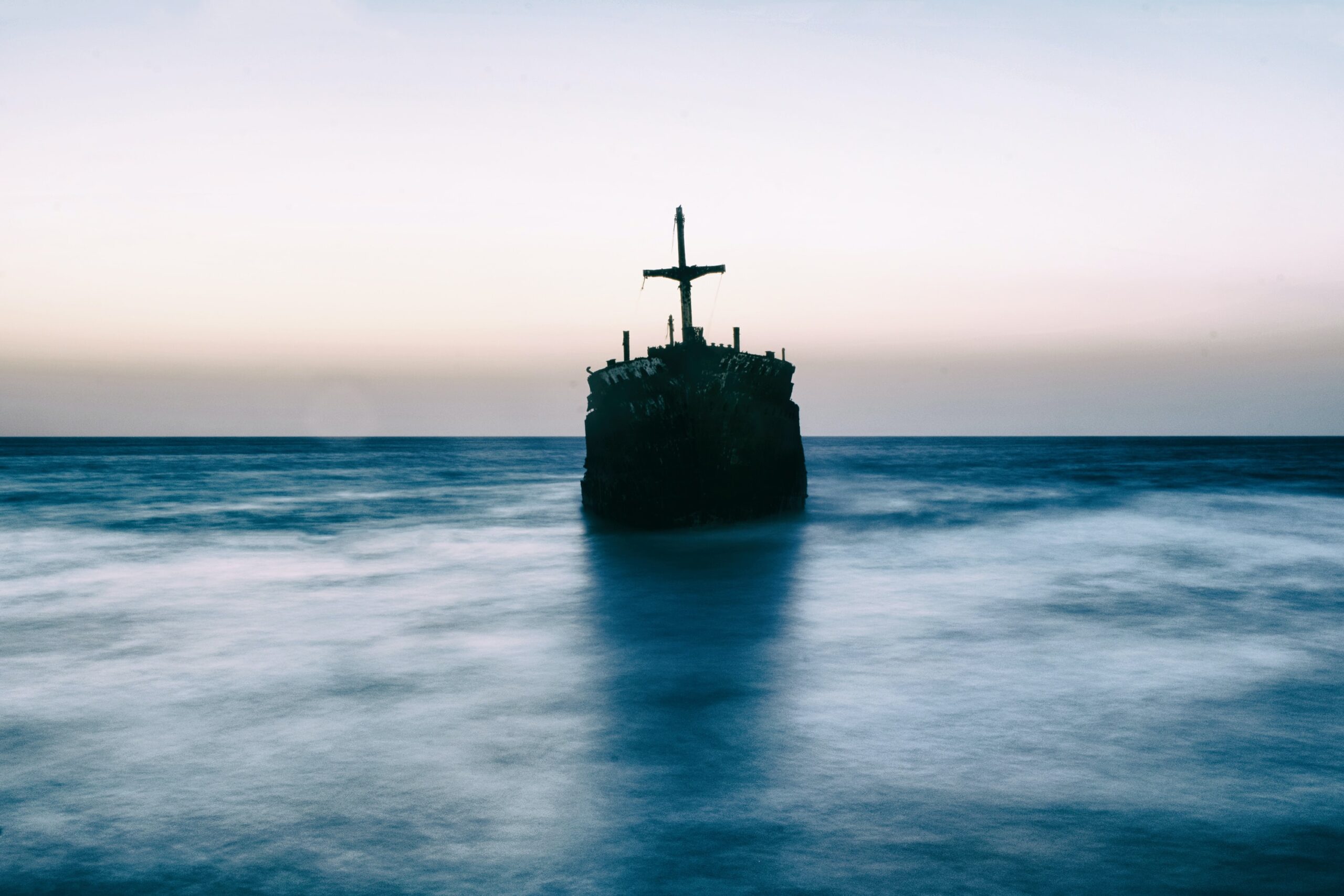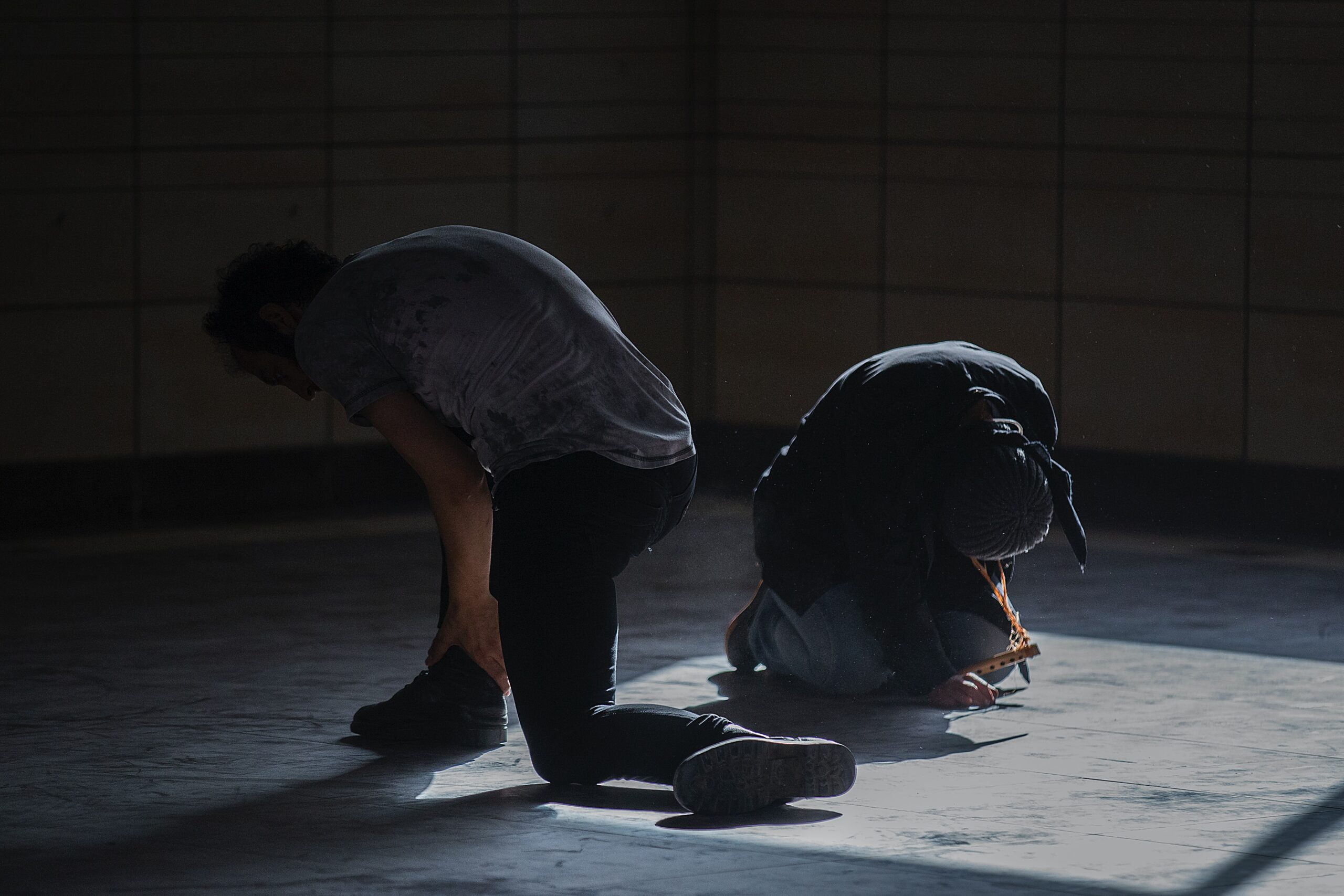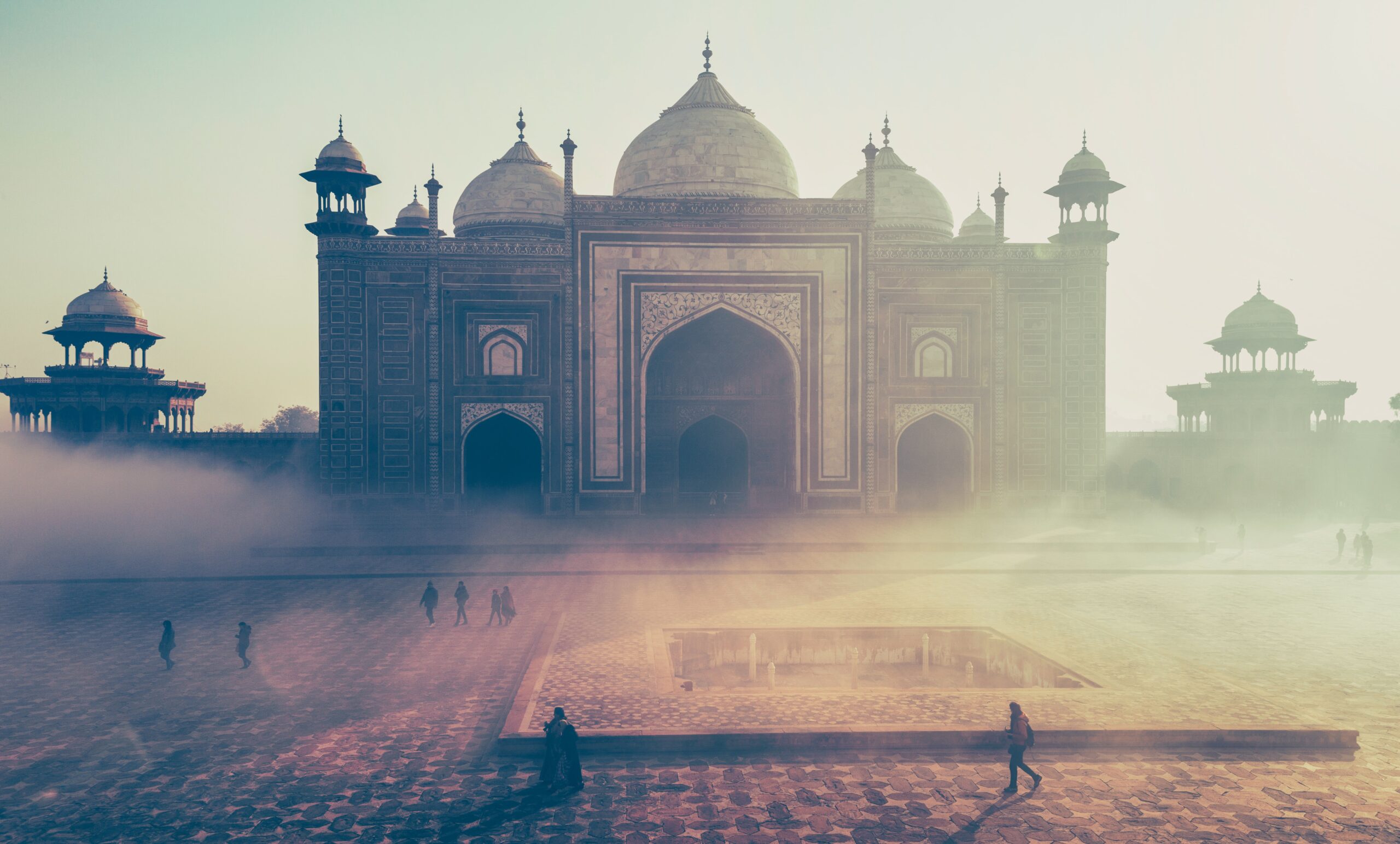The movies Clash of the Titans (2010) and Wrath of the Titans (2012) are Greek mythology-based movies that feature the major themes and plot from the original epic narrative of Perseus.
Both films feature scenes that uses oratory, rhetoric and epic narrative. These are evident during the scenes where Perseus (the main character of the films) sets his quest to know the prophecy from the Stygian witches, to fight the monsters and to have a battle with Hades, Ares and Kronos.
Aside from that, both films also show the importance of emotion and affection. This is manifested in the actions of Perseus towards Io and his son, Helius. Io from the film Clash of the Titans serves as Perseus’ lover. In return, Perseus took care of her that clearly manifests how his emotion and affection takes place. Helius from the film Wrath of the Titans also received a great emotion and affection from Perseus especially when Helius was kidnapped by Ares. The affection Perseus had to Helius serves as Perseus’ strength to fight for humanity.
Moreover, the presence of human divinity is also featured in both films. This is because the gods, especially Zeus, Hades and Ares, are seen in their human forms. Human divinity is a unique characteristic of classical Greek mythology because humans can interact with the gods since the gods are personified. The gods became humans so that they can mingle with the people. In the film, this is well-observed because Zeus always descend to the Earth to personally talk to his son, Perseus. Ares and Hades ascend from the Underworld to the earth to bring devastation to human.
In addition, the presence and inclusion of drama, tragedy and comedy revolves around the whole films. These three also are involved to the major themes of the films’ plotlines. Drama is seen whenever some important characters will be soon found dead like Io. Tragedy plays within the internal conflict between the three god brothers—Zeus, Poseidon and Hades, which results to Poseidon being dead also. Lastly, comedy is prevalent during the scenes where some characters made fun out of the haunting hardships they are encountering. This results to the characters’ behavior of being resilient. Resiliency is found out to be their attitude to surpass the hardships through bringing joy to each other.
Lastly, the films both attributed the usage of Greek mythology in their entire screen time. As stated earlier, these are originally Greek mythology-based movies. These never failed the fans of classical Greek mythology because the movies’ storylines are closely related to the classic epic narrative of Perseus.
In summary, Clash of the Titans as well as the Wrath of the Titans is a good start to study the classical Greek mythology because it provides a fresh and contemporary storytelling of a classical epic.
Tags: classical Greek literature, Clash of the Titans, Wrath of the Titans, movies, Greek mythology, epic poetry, action-adventure, LifeThinker
Author: Christian Loid Valenzuela






